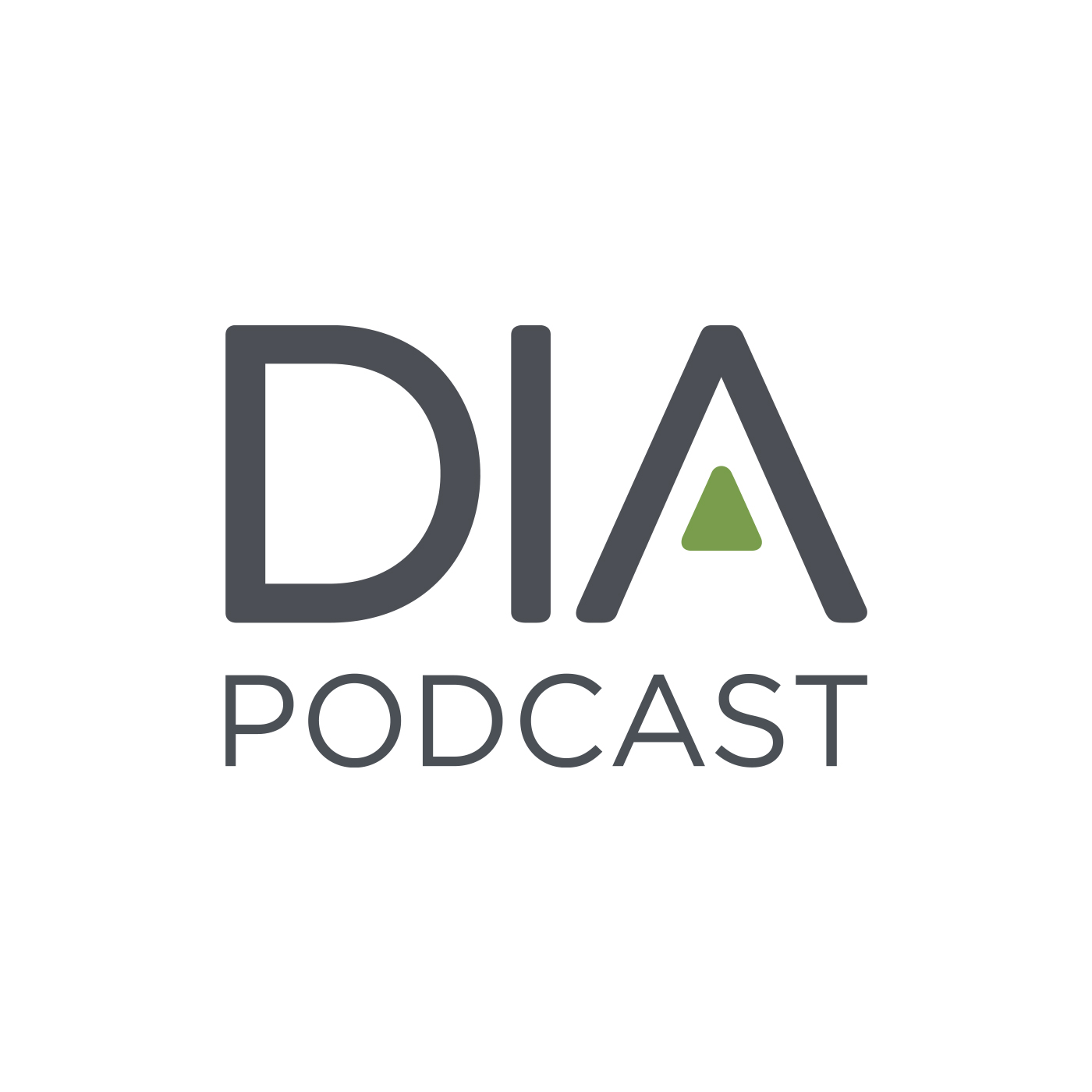
92.7K
Downloads
254
Episodes
DIA is a global, multidisciplinary, membership association of healthcare professionals that works towards the advancement of lifesaving medicines, therapies, and technologies around the world.
DIA is a global, multidisciplinary, membership association of healthcare professionals that works towards the advancement of lifesaving medicines, therapies, and technologies around the world.
Episodes

Thursday Aug 24, 2017
Oligonucleotides Driving Personalized Medicine Research
Thursday Aug 24, 2017
Thursday Aug 24, 2017
Oligonucleotides, short nucleic acid polymers used for research and genetic testing, have emerged as a critical element challenging scientists, clinicians and regulators working in personalized medicine. “Instead of targeting proteins like small molecules typically do, with oligonucleotides you're typically targeting nucleic acid, the DNA inside the cell, the genes in the nucleus, or the mRNA in the cytoplasm. So it greatly expands the capabilities of a drug to alter the biology of a cell,” explains Dr. Arthur Krieg, President and CEO of Checkmate Pharmaceuticals, an oligonucleotide expert and inventor on 48 US-issued patents. Dr. Krieg also serves on the program committee developing DIA’s Oligonucleotide-Based Therapeutics Conference. “It's a challenge for regulators as it's a challenge for scientists working in the field, too, to keep pace with all of this. That's one of the areas where the DIA/FDA Oligonucleotide meeting is so important,” he explains in this Global Forum podcast.

Monday Aug 21, 2017
Celebrating 150 Years with Better Care for Canadians
Monday Aug 21, 2017
Monday Aug 21, 2017
In 2017, Canada celebrates its sesquicentennial – 150 years of Confederation! Changes in Canada’s health care product development and regulatory systems, such as the Protecting Canadians from Unsafe Drugs Act (“Vanessa’s Law”) and the rising tide of increased transparency within and between industry and regulators, aim to ensure another 150 years of health and prosperity for its citizens. “Health Canada has a number of transparency initiatives underway in terms of helping Canadians to better understand why or why not decisions are made in terms of pharmaceuticals and medical devices,” explains Marilena Bassi, Director of the Therapeutic Products Directorate at Health Canada in this exclusive Global Forum podcast. “All the changes being proposed by Health Canada are really to make decision-making by the consumer much more easy, for them to choose the right product for whatever condition they are seeking help with,” concurs Deirdre Cozier, Director of Labelling, Advertising and Operations at Pendopharm, a Division of Pharmascience in Canada. Marilena and Deirdre will co-chair DIA’s 2017 Canadian Annual Meeting.

Wednesday Aug 09, 2017
Future Science & Drug Review: FDA Closing the Gap
Wednesday Aug 09, 2017
Wednesday Aug 09, 2017
What is regulatory science? Who does it impact and how? In this exclusive Global Forum podcast, Dr. David Strauss, Director of the Division of Applied Regulatory Science in the FDA Office of Clinical Pharmacology, discusses intersecting advancements in regulatory, basic, and clinical science, including the model-informed drug development provisions of PDUFA VI. “The Division of Applied Regulatory Science was created to move new science into the CDER review process and close the gap between scientific innovation and drug review,” explains Dr. Strauss. “We perform mission-critical applied research and review across the translational research spectrum that includes in vitro and in vivo laboratory research, in silico computational modeling and informatics, and integrated clinical research covering clinical pharmacology, experimental medicine, and postmarket analyses. We try to focus on things where FDA can really provide unique value.” Bonus Reading: Translating New Science Into the Drug Review Process: The US FDA's Division of Applied Regulatory Science.
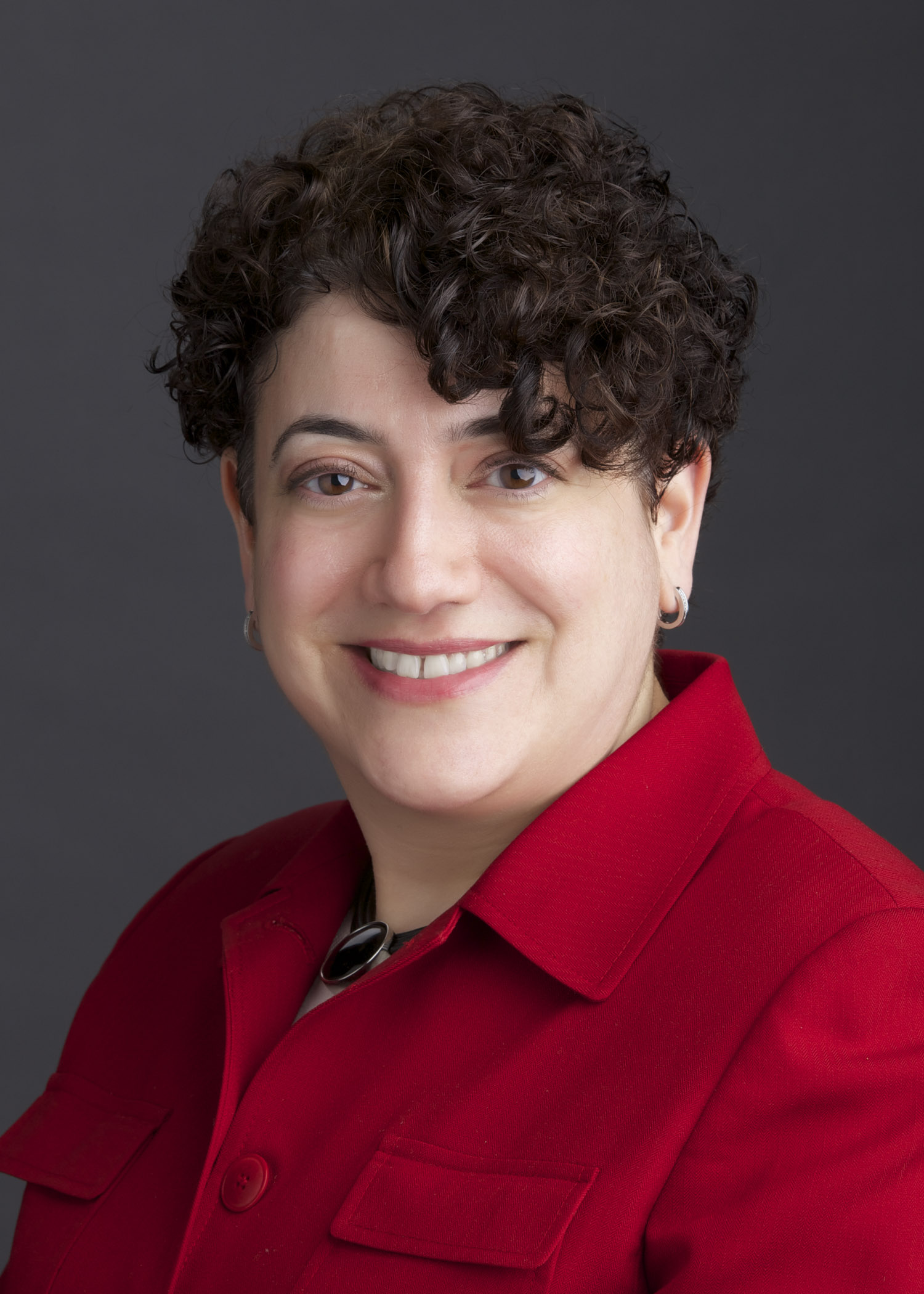
Wednesday Jul 26, 2017
HHS Final Rule: Good Data Shared Well Leads to Great Science
Wednesday Jul 26, 2017
Wednesday Jul 26, 2017
The Department of Health & Human Services’ Final Rule on Clinical Trials Registration and Results Information Submission, issued in September 2016, will profoundly impact the conduct of clinical research in the US. Dr. Marla Jo Brickman (Senior Director for Clinical Data Transparency, and Compassionate Access Lead, Pfizer) serves on the program committee for DIA's Clinical Trial Disclosure and Data Transparency Conference and explains in this Global Forum podcast how this conference will help those working to implement this Rule. “We’re now getting to the point, not only at my company but at other companies, where we’re sharing data, researchers are getting their presentations and their manuscripts, and the benefits of the data sharing are becoming more prevalent and obvious,” says Dr. Brickman. “That’s what’s exciting: When this started, people didn’t know what to make of it. Now we’re seeing the fruits of the past couple years, where we’re really getting some good science as a result of this data sharing initiative.”
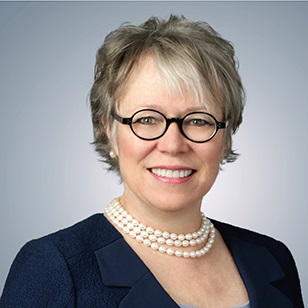
Wednesday Jul 26, 2017
Patient Partners: Power That Rests in Us All
Wednesday Jul 26, 2017
Wednesday Jul 26, 2017
We see and hear many different terms, such as patient-centricity and patient engagement, in current conversations about incorporating the patient perspective in health care product development. Do they all mean the same thing? What’s the difference? “These are new partners in research. Patient-centricity, patient engagement, patient partnerships, patient-powered, patient-led, patient-driven, and patient preferences – a wealth of terms to describe this new relationship with individuals who are going to help the product developers of tomorrow understand: What is clinically meaningful? What are outcomes that matter?” explains Debra Lappin, Head of the Health Biosciences Practice for FaegreBD Consulting, in this Global Forum podcast. “I think ‘partnership’ is my favorite. A partnership recognizes that two parties come together, each with equal contributions to the end.” Learn more about these topics at DIA's Metrics for Patient-Centered Drug Development Conference.
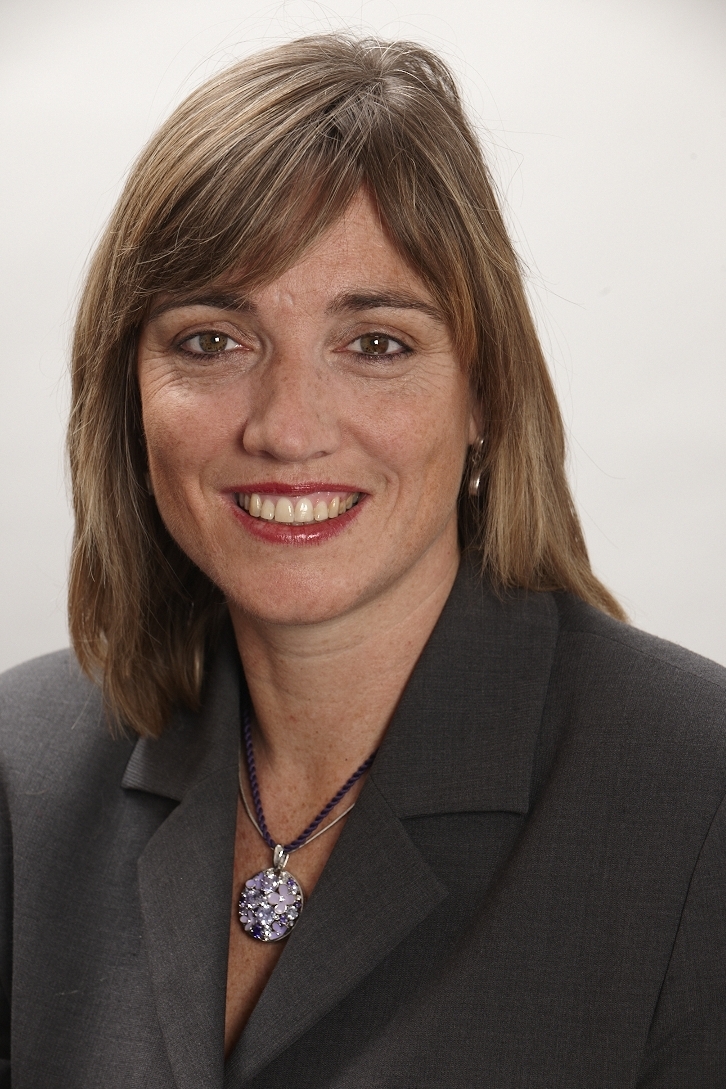
Tuesday Jul 25, 2017
Technology & Data Driving Europe’s ClinOps Forward
Tuesday Jul 25, 2017
Tuesday Jul 25, 2017
Clinical research and regulatory science professionals in Europe are currently dealing with implementing the Medical Device and In Vitro Diagnostic Regulations, the new clinical trial data transparency framework, big data, and framing how new artificial intelligence and other new tools can improve drug development. “We are very conservative as an industry, and obviously there’s always concerns about things like data protection, data integrity, and whatever we do with artificial intelligence has got to be within the bounds of data protection and data integrity guidelines,” explains Karen Roy, Senior Vice President, Client Solutions, for Phlexglobal, a provider of electronic Trial Master Files (TMFs). Ms. Roy co-chairs the DIA TMF Reference Model, an industry-driven initiative to standardize the content, naming and structure of Trial Master Files, and also serves on the program committee for DIA’s first Clinical and Regulatory Operational Excellence Forum in Europe.

Thursday Jun 29, 2017
CFDA Joins ICH, Seeks Public Comment on Further Reforms
Thursday Jun 29, 2017
Thursday Jun 29, 2017
In May 2017, the China Food and Drug Administration (CFDA) issued four new draft policies, the latest in a series of regulatory reforms which began in 2015 to accelerate the review and approval, and improve the quality, of new drugs and medical devices, for public comment. In June 2017, ICH and the CFDA jointly announced that CFDA had joined ICH as a Member. “CFDA is continuing to enhance the regulatory standards and regulatory system to promote innovation to improve the drug R&D ecosystem and, ultimately, to improve the access of medicines to patients,” explains pharmaceutical industry veteran Dr. Ling Su, Director and Professor at the Institute of Drug Regulatory Science at Shenyang Pharmaceutical University, and a Venture Partner at Lilly Asia Ventures, in this Global Forum podcast. “The CFDA has clearly indicated that, by joining ICH, the CFDA will comply with the rules and principles of ICH. This new development aligns very well with CFDA’s intention to become more aligned with international standards.”
Thursday Jun 29, 2017
New DIA Forum to Align Regulatory & ClinOps Expectations
Thursday Jun 29, 2017
Thursday Jun 29, 2017
The new data transparency framework, the Medical Device and In Vitro Diagnostic Regulations, the impact of Brexit – what else is new for clinical research in Europe? As Senior Vice President, Drug Development Services, CNS, for ICON plc in Frankfurt (Germany), Dr. Peter Schueler can share extensive knowledge on this topic; he serves on the program committee and will be a featured speaker for DIA’s first Clinical and Regulatory Operational Excellence Forum in Europe, September 2017. “The whole meeting will be based very much on dialogue between regulatory and operational people. We plan to have two people holding the opening lecture, one from the operational field and one from the regulatory field, to bridge between ‘What do regulators expect?’ and ‘What can operational people deliver?,’” Dr. Schueler explains in this Global Forum podcast. “The tension between these diverse expectations among these two groups should be sorted to a certain extent in the dialogue during the session, finding out where common ground is and where both parties can actually contribute to provide best quality data about medicines that address unmet medical needs.”
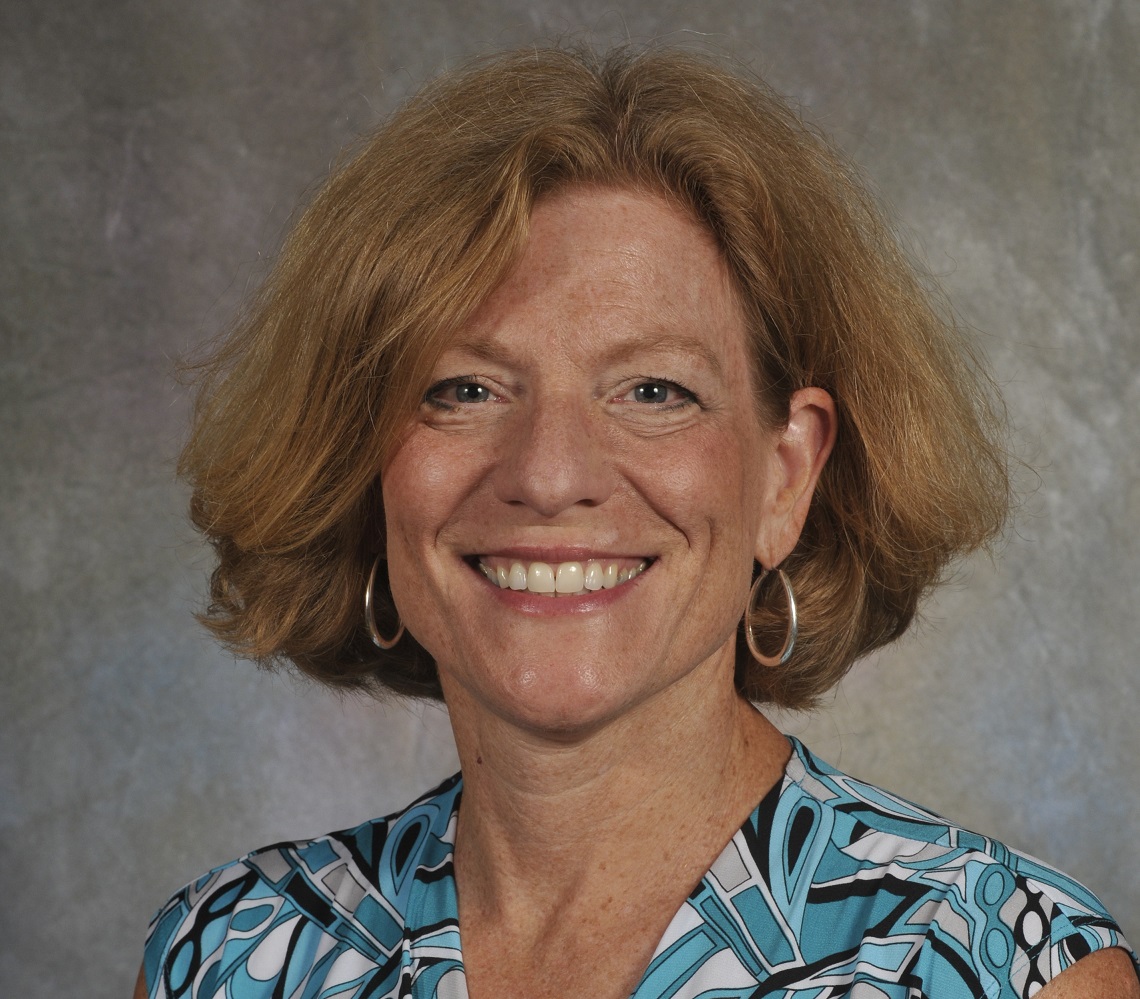
Thursday Jun 08, 2017
Different Roots, Shared Fruits: FDA-EMA Collaboration
Thursday Jun 08, 2017
Thursday Jun 08, 2017
Growing globalization of supply chains, patient recruitment and clinical trials has made cooperation among the world’s regulatory agencies more important than ever. In this exclusive Global Forum podcast, Dr. Sandra Kweder, Deputy Director in the FDA Office of International Programs’ Europe Office, and FDA’s Liaison to the European Medicines Agency, discusses regulatory collaboration in the modern health care product ecosystem. “My role specifically is to bring our two agencies together. That’s my job,” she explains. “My job operates at many levels. One is to provide someone onsite at EMA to help EMA understand FDA. We do the same things but our systems could not be more different. At the same time, my job is to observe EMA and try to translate EMA back to my FDA colleagues. Simply because we have arisen from different roots, we often approach the same thing from different angles.” Dr. Kweder will be featured speaker in several DIA 2017 Global Annual Meeting sessions.

Thursday Jun 08, 2017
RWE: Bridge Between Clinical Research & Practice?
Thursday Jun 08, 2017
Thursday Jun 08, 2017
What IS real-world evidence? Who owns it, and how do we define, collect, analyze and use it? DIA EuroMeeting 2017 explored these questions in the DIAmond session Major Regulatory Challenges Enabling Decision Making for Early Patient Access: Regulatory Tools and Sources of Real-World Evidence. “After the initial assessment of a medicine, medicines are being used by health care providers and patients across the globe to treat illnesses. And we don’t seem to have a good way of collecting the data from that actual use in those settings to help us learn and refine our knowledge about the safety and effectiveness of medicine,” explains Session Chair Dr. Sandra Kweder, Deputy Director in the FDA Office of International Programs’ Europe Office, and Liaison to the European Medicines Agency, in this exclusive Global Forum podcast. “The concept of real-world evidence seeks to bridge those two spheres of inquiry.” Dr. Kweder will be featured speaker in several DIA 2017 Global Annual Meeting sessions.
